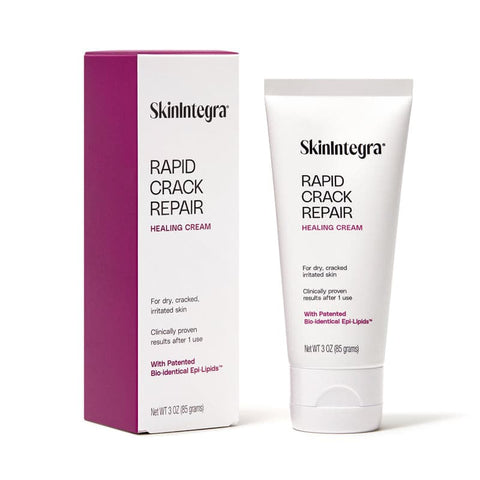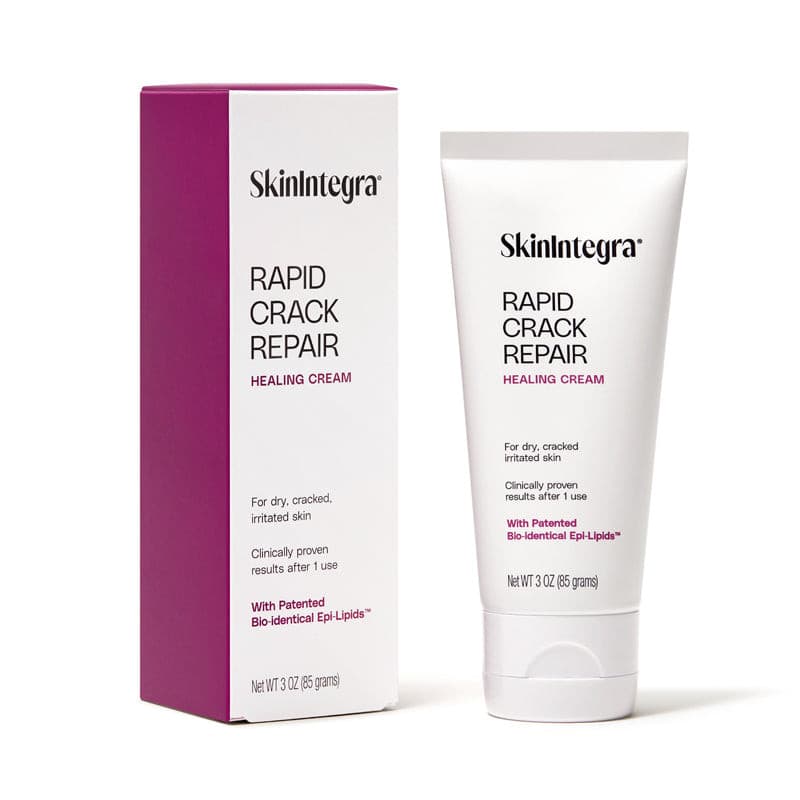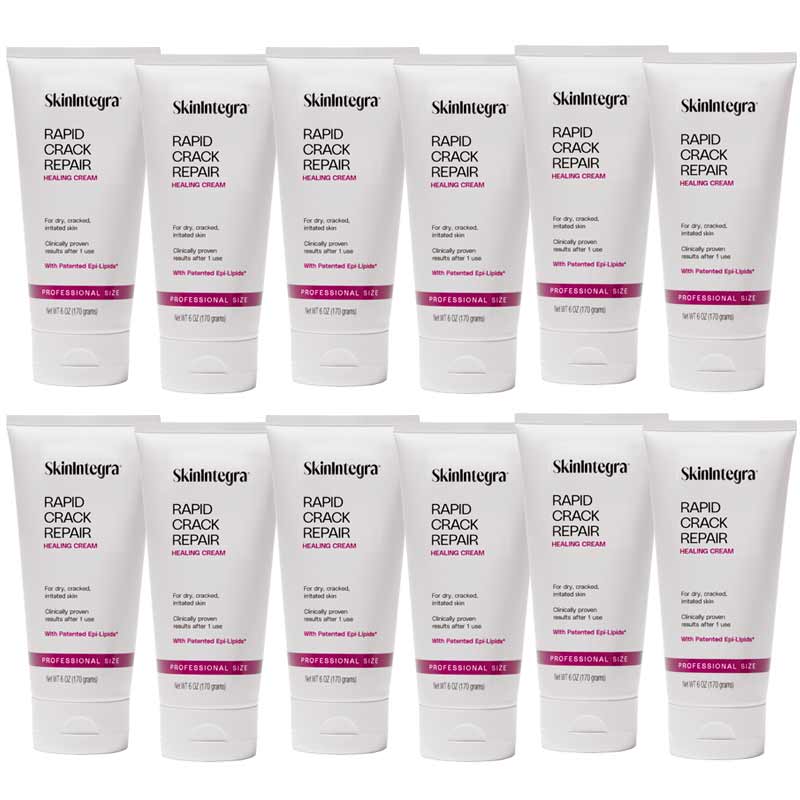Do you find yourself scratching your feet incessantly at night? Restless nights due to itchy feet can be incredibly frustrating, but you're not alone. Many people experience this uncomfortable sensation, and understanding the cause is the first step towards finding relief.
In this article, we will explore why your feet may itch at night and provide effective solutions to stop the irritation. From dry skin and allergies to fungal infections and nerve disorders, there are several potential culprits behind this condition. By addressing the underlying cause, you can soothe your itchy feet and finally get a good night's sleep.
Whether you're dealing with mild itchiness or severe discomfort, this article will guide you through various remedies and preventive measures. We'll delve into the importance of proper foot hygiene, recommend suitable over-the-counter creams and home remedies, and discuss when it's essential to seek medical advice.
Stop suffering in silence and find relief for your itchy feet. Let's dive into the causes and treatments that can help banish this nighttime nuisance once and for all.
Common causes of nighttime foot itching
- Dry Skin: As mentioned earlier, dry skin is a common culprit behind itchy feet at night. The skin on our feet is naturally drier than other parts of our body due to the lack of oil glands. Factors like excessive heat, harsh soaps, and low humidity can exacerbate dryness, leading to intense itching.
- Allergies: Allergic reactions can cause itching in various parts of our body, including the feet. Common allergens like dust mites, pollen, pet dander, or certain fabrics can trigger an allergic response, resulting in itchy feet.
- Fungal Infections: Fungal infections, such as athlete's foot, are a prevalent cause of nighttime foot itching. Athlete's foot thrives in warm, moist environments, making our shoes and socks an ideal breeding ground. The intense itching is often accompanied by redness, scaling, and a foul odor.
- Peripheral Neuropathy: Nerve disorders like peripheral neuropathy can cause sensations of itching, burning, or tingling in the feet. It can be caused by diabetes, exposure to toxins, chemotherapy, and many other diseases. This condition affects the nerves responsible for transmitting sensations to the brain, leading to abnormal sensations or loss of feeling.
- Eczema (Atopic Dermatitis): This chronic skin condition can manifest as itchy, inflamed patches on various parts of the body, including the feet. The itching tends to worsen at night, disrupting sleep.
- Psoriasis: Another chronic skin condition, psoriasis, can cause red, scaly patches that itch intensely, especially when lying down.
- Medications: Certain medications, such as antihistamines or diuretics, can have side effects that include itching. If you suspect that your medication may be causing your nighttime foot itching, consult with your healthcare provider for alternative options.
Identifying the cause of your itchy feet is crucial for finding relief. Now that we have a better understanding of the common causes, let's explore some strategies for relieving this discomfort.
Home remedies for soothing itchy feet at night
When it comes to relieving itchy feet, several home remedies can provide natural and cost-effective solutions. These remedies can help soothe your skin, reduce inflammation, and alleviate the itching sensation. Here are some effective remedies to try:
- Hydrate Your Skin: Moisturize your feet daily, especially before bedtime, using a hydrating foot cream or lotion containing ingredients like shea butter or ceramides to lock in moisture.
- Cool Compresses: Apply a cool, damp washcloth to your feet to alleviate itching and reduce inflammation. Avoid hot water, as it can further dry out your skin.
- Oatmeal bath: Adding colloidal oatmeal to a warm foot bath can help soothe itchy skin. Oatmeal contains anti-inflammatory properties that can provide relief from irritation and itching. Soak your feet for 15-20 minutes, then pat them dry and moisturize.
- Natural Remedies: Consider natural remedies like apple cider vinegar, aloe vera gel, or tea tree oil, known for their soothing and anti-inflammatory properties.
These home remedies can provide temporary relief for itchy feet, but if the symptoms persist or worsen, it may be time to explore over-the-counter treatments.
Over-the-counter treatments for nighttime foot itching
Over-the-counter (OTC) treatments can be effective in relieving itchy feet caused by various factors. These products are easily accessible and can help alleviate symptoms while targeting the underlying cause. Here are some OTC options to consider:
- Antifungal creams: If your itchy feet are due to a fungal infection like athlete's foot, antifungal creams can help eliminate the fungus and reduce itching. Look for creams containing ingredients like clotrimazole or miconazole, and follow the instructions for proper application.
- Hydrocortisone creams: Hydrocortisone creams can provide relief from itching caused by allergies or inflammation. They work by reducing inflammation and suppressing the immune response. Apply a thin layer of hydrocortisone cream to the affected areas, following the instructions on the packaging.
- Antihistamine creams: Antihistamine creams can help alleviate itching caused by allergic reactions. Look for creams containing ingredients like diphenhydramine or hydroxyzine, and apply them as directed.
- Cooling gels or sprays: Cooling gels or sprays can provide immediate relief from itching by numbing the skin and reducing inflammation. Look for products containing ingredients like menthol or camphor, and apply them to the itchy areas as needed.
These OTC treatments can be effective for mild to moderate cases of nighttime foot itching. However, if your symptoms persist or worsen despite trying these remedies, it's important to consult a healthcare professional.
A rapid healing cream for soothing very dry and itchy feet at night

SkinIntegra’s Rapid Crack Repair Cream is a novel repair moisturizer that was specifically formulated to help rapidly soothe and restore very dry, itchy skin from a range of challenging conditions including cracked skin, dry diabetic skin, psoriasis and eczema prone skin. It has been shown to be safe and effective in patients suffering from diabetes. Its patented composition is the result of research into all the components of a healthy skin barrier. For that reason, it includes the essential moisturizing and lipid ingredients naturally found in a healthy skin barrier such as urea, lactic acid, hyaluronic acid for moisturizers and essential fatty acids, natural oils and ceramides for lipids. In a clinical trial, 100% subjects experienced soothing relief from dry, itchy skin in the first 24 hours.
Rapid Crack Repair Cream is free of common skin irritants which can cause a reaction and slow the natural healing process such as fragrances, dyes, parabens and other harsh preservatives, petroleum-based ingredients, and phthalates.
Its non-greasy texture makes it a natural bedtime companion. It absorbs quickly and does not feel tacky or sticky.
When to see a doctor for persistent nighttime foot itching
While most cases of nighttime foot itching can be resolved with home remedies or OTC treatments, there are instances where medical intervention may be necessary. If you experience any of the following, it's essential to seek medical advice:
- Severe itching: If your itching is severe and significantly impacting your quality of life, it's important to consult a healthcare professional. They can help determine the underlying cause and recommend appropriate treatment.
- Open sores or blisters: If your itching has led to the development of open sores or blisters, it may indicate a more serious condition or infection. A healthcare professional will be able to assess the situation and provide appropriate medical care.
- Persistent symptoms: If your symptoms persist or worsen despite trying home remedies or OTC treatments, it's important to consult a healthcare professional. They can conduct further investigations and recommend specialized treatments if necessary.
- Fever or other systemic symptoms: If you experience fever, chills, or other systemic symptoms along with your foot itching, it may indicate an underlying infection or medical condition. Seeking medical advice is crucial in these cases.
Remember, a healthcare professional is the best resource for diagnosing and treating persistent or severe cases of nighttime foot itching. Now let's explore some preventive measures to avoid foot itching at night.
Preventive measures to avoid foot itching at night
Prevention is always better than cure. By incorporating these preventive measures into your daily routine, you can reduce the risk of developing itchy feet at night:
- Maintain good foot hygiene: Practicing good foot hygiene is crucial for preventing foot-related issues. Wash your feet daily with mild soap, dry them thoroughly, and moisturize regularly. Pay extra attention to the spaces between your toes to prevent fungal infections.
- Choose appropriate footwear: Opt for shoes made from breathable materials like leather or canvas to allow proper air circulation. Avoid tight or synthetic footwear that can trap moisture and contribute to fungal growth. Additionally, consider using moisture-wicking socks to keep your feet dry.
- Avoid walking barefoot in public areas: Walking barefoot in public areas, such as swimming pools, locker rooms, or communal showers, increases the risk of picking up fungal infections. Always wear appropriate footwear or use protective footwear like flip-flops in these settings.
- Regularly change socks and shoes: Moisture-wicking socks can help keep your feet dry and reduce the risk of fungal infections. Change your socks daily, and allow your shoes to air out between uses to prevent the buildup of moisture.
- Keep your feet dry: Moisture provides an ideal environment for fungal growth. After activities that cause your feet to sweat, such as exercise or wearing closed shoes for extended periods, make sure to thoroughly dry your feet before putting on socks and shoes.
By implementing these preventive measures, you can minimize the chances of developing itchy feet at night.
Conclusion: Taking control of your foot health
Nighttime foot itching can be a frustrating and uncomfortable experience, but with the right knowledge and approach, relief is attainable. By understanding the common causes of this condition, such as dry skin, allergies, fungal infections, and nerve disorders, you can begin to address the underlying issues.
Through proper foot hygiene, home remedies, and over-the-counter treatments, you can alleviate the itchiness and discomfort associated with nighttime foot itching. However, if symptoms persist or worsen, it's crucial to seek medical advice to rule out any underlying medical conditions or infections.
By implementing preventive measures and making certain lifestyle changes, you can take control of your foot health and minimize the risk of developing itchy feet at night in the future. Remember, a healthy foot is a happy foot, and a good night's sleep is just within reach.





